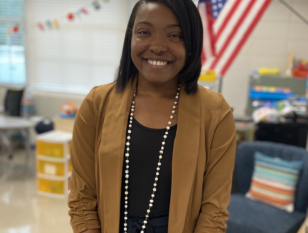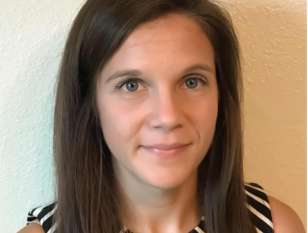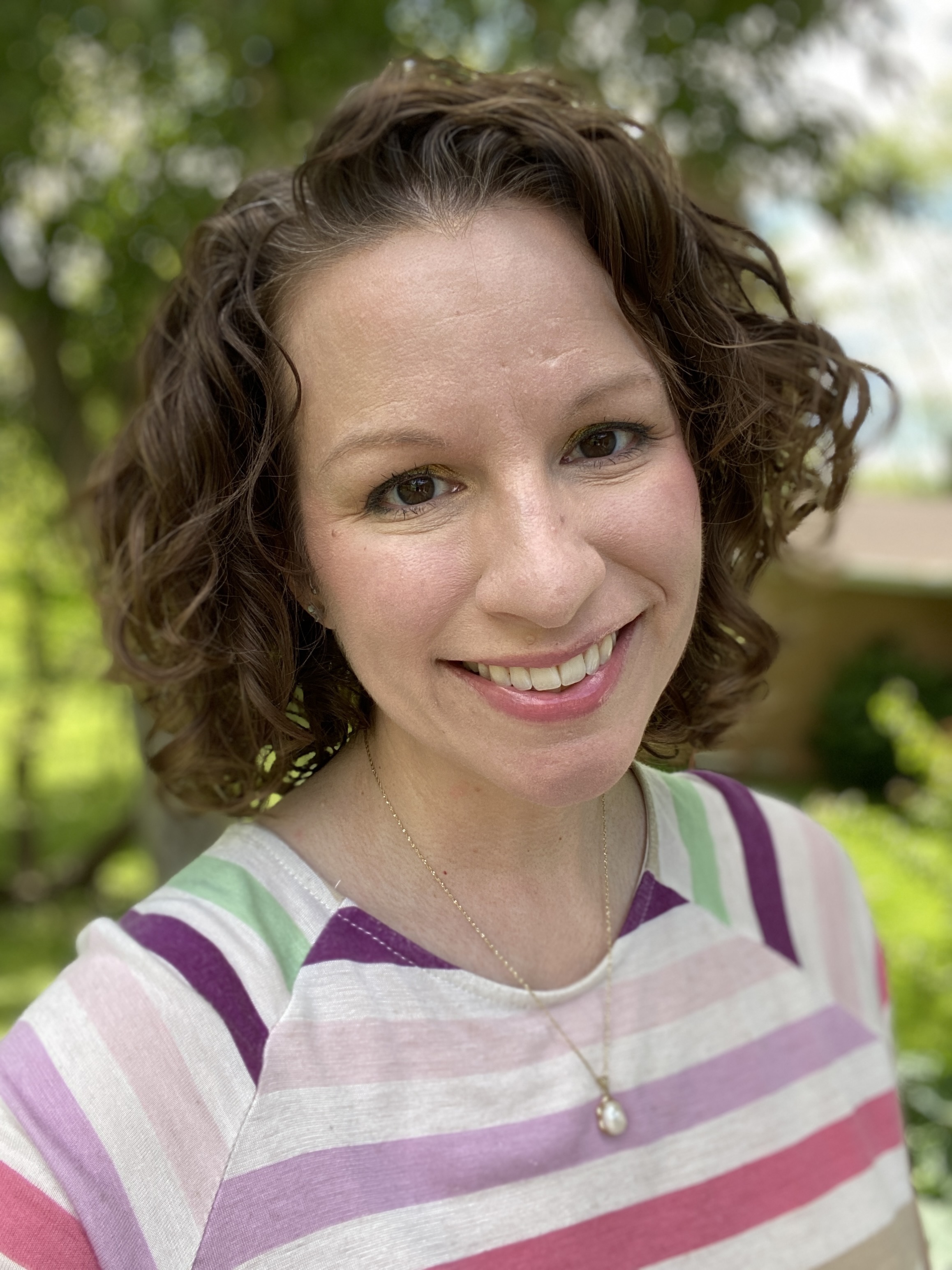Through our Rural Teacher Corps and Regional Hub partnerships, Rural Schools Collaborative addresses the rural teacher shortage by supporting efforts to recruit and prepare teachers. Highlighting those movements which help individuals achieve fulfilling lives and careers in rural spaces, the National Rural Education Association’s annual National Forum to Advance Rural Education convened under the theme of “Raising Rural: A Fair Chance at a Good Life.”
In preparation for the Forum, Rural Schools Collaborative had the great pleasure of bringing together three outstanding rural educators to sit on a panel and share their experiences from the field. Covering topics ranging from how they became inspired to join the career, to why they chose to teach in a rural area, and to what energizes them to continue, these three dedicated teachers offer key insights into how to attract and sustain young talent in rural places. Rural Schools Collaborative thanks Brittany Williams, Bridget Larsen, and Haley Lancaster for taking the time to share their stories, and to the NREA for offering a platform for these educators and many more to raise their voices. Here’s a quick look at the teachers who participated and the perspectives they shared:

Brittany Williams is in her fourth year teaching kindergarten at the University Charter School in Livingston, Alabama. Reflecting on her place, Brittany describes a community that is like “a very loving family.” She admits that, “I initially did not realize I would become a rural teacher,” but witnessing the disparity between different schools in her community inspired her to pursue rural education. “I want to work at a public school where [students] get an education wherever they are...That’s why I stay rural,” Williams shares. Encouraged by the passion she feels for her students, Brittany got involved in the I Am A Rural Teacher Campaign, which allowed her to learn about and join the Young Educators’ Advisory Council, ensuring that the voices and dreams of Alabama’s teachers and students are heard.

Teaching middle school math in Glenwood R-8 School in West Plains, Missouri, Bridget Larsen does not originally come from a rural area. “I come from much larger towns and cities, so when I moved to Missouri, the rural school system was quite the shock for me,” she explains, “It’s been a bit of a change for me, but I just started forming a network here and that’s how I got into the rural schools.” Nevertheless, Larsen has fully leaned into her place and spearheaded an effort with her colleagues to launch a new place-based curriculum in their school. “Everyday I look forward to working with my team,” Larsen reveals. “Last year we jumped into place-based learning together, and so we’ve really formed a unique bond through it all.”

Haley Lancaster, a high school English teacher of 16 years at her hometown school in Vincennes, Indiana, is this year’s National Signature Grant awardee after sharing a compelling grant proposal focused on the importance of histories and community-building in rural places. “You cannot talk about Indiana, and you cannot talk about America’s original West, without talking about Vincennes,” Lancaster says. Calling on the strong bonds she maintains with her home state, Lancaster shares, “I knew I wanted to stay in Indiana, but I did not think I would end up in the school I graduated from, but it worked for me as a student, and I knew I could work to enrich that experience for somebody else.”
These narratives of empowerment and fulfillment are also the cornerstone of the new Teach Rural Job Board and upcoming Early Career Resiliency Guide. Built directly from teacher stories like those of Brittany, Bridget, and Haley, these new resources strive to continue RSC’s mission of connecting new teachers to rural spaces, and ensuring they have the resources and support necessary to continue.
If you didn’t get a chance to view the panel at the conference, you can watch the full recording linked below! You can view the accompanying virtual handout here.

